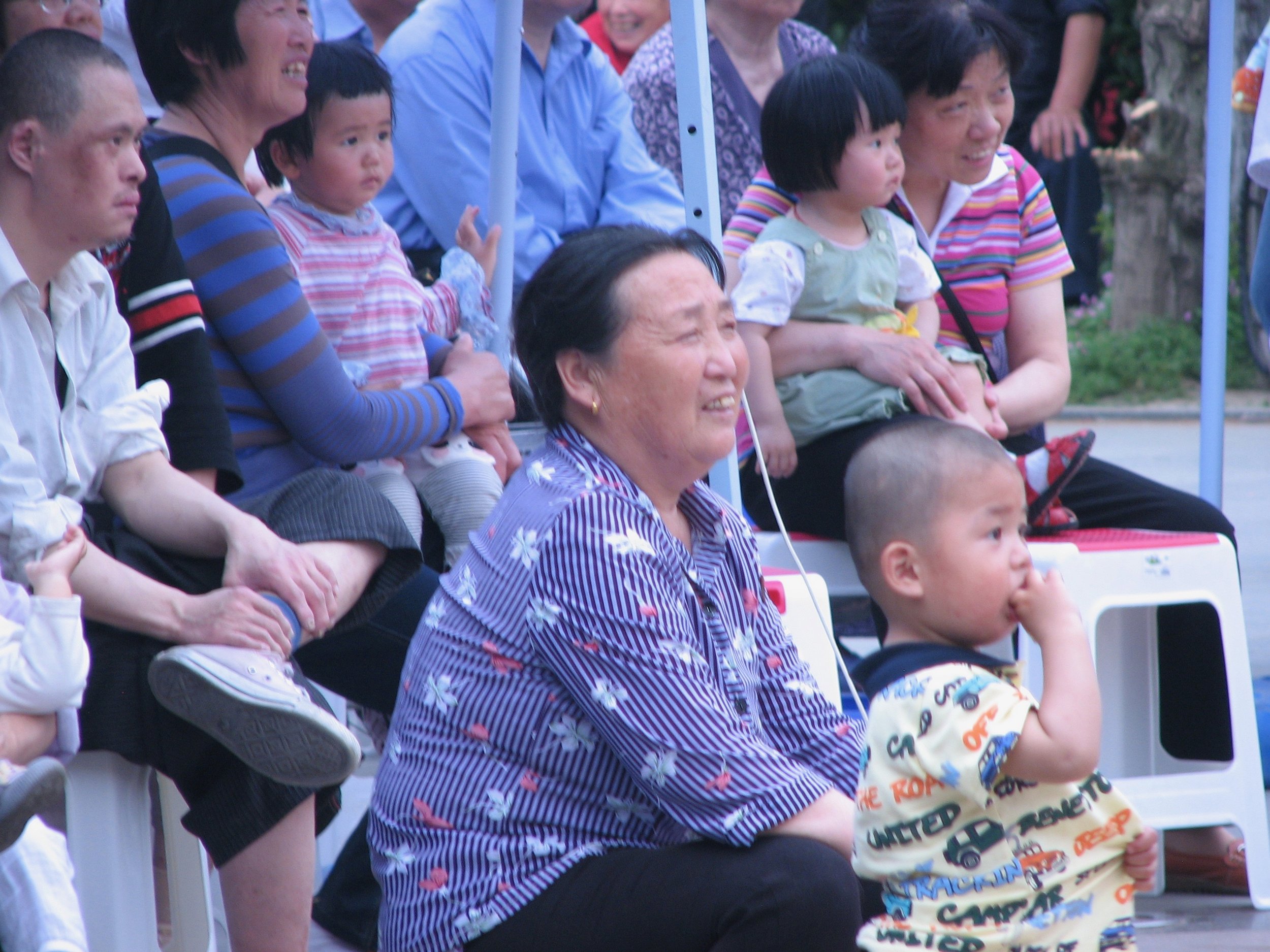For about three years, I lived in an apartment in a traditional urban neighborhood. By traditional urban neighborhood, I mean a neighborhood built in the days when most Chinese lived in apartments that had been provided by their work units. This neighborhood was in a city district a few blocks to the southeast of downtown. Beginning in the 1990s, the government began to end the policy of providing housing and the apartments were sold to the occupants at a nominal cost, which they could turn around and sell. At first, most people refurbished their old apartments, which they had never had any incentive to do when it did not belong to them. .
Then, developers began to build new neighborhoods a little farther from town (and farther, and farther, and higher and higher) and people began to buy new apartments, selling their old ones, or renting them out. Every Chinese city has expanded exponentially in the last 30 years.
So, apartment buildings in the area where I lived were older, but not shabby. Most had been refurbished. I lived on the sixth floor, of seven, without an elevator. During the 1950s, as China tried to provide housing for all its people, the traditional urban apartment building was about six stories high and did not include elevators. A building ten stories or higher did have elevators, and there were some of those, built a little later, maybe in the 60s or 70s. Even though I was already in my 70s when I lived there, I could climb the steps. I found resting for breath at the fourth floor was useful. As American friends liked to say (they who had no steps to climb above the second floor, if that) it's good exercise.
Being so near downtown, these traditional urban neighborhoods are, well, more urban, not park-like as the new, more remote, residential developments are. I loved walking in the streets to and from the places I went, noticing the small restaurants, beauty parlors, fruit stands, and so forth. I loved the environment, with streets used more for walking than driving, with life lived in the open, in a neighborhood that hadn't changed so very much in 20 or 30 years. Yes, people had more money and the interior of their homes is nicer than it used to be, but the general pattern of life, with a mixture of ages, but perhaps tending toward older ages, was constantly entertaining and educating. It was convenient to church, about a 20-minute walk, and a short bus ride to other places I frequented. Still, there were those six flight of stairs.
The apartment belonged to a family who had emigrated to Canada, but most of the things they had owned before leaving China were still in the apartment. The arrangement was made by my Chinese pastor who knew it was empty; the rent was below market and the facility was perfect for my needs. It is not far from the church, which was convenient. The building is on an alley, off of another alley, off of a small street. The street is lined with restaurants, massage parlors, and beauty salons. There is a rather large fruit stand, and an off-brand grocery store at the far end. The street is more full of pedestrians than cars, but from time to time, drivers maneuver their cars down the street among the people. There is a fairly major street about half a block away, and depending on which way I walked, there was excellent bus service to most parts of the city.
The next block features a neighborhood park that honors Zheng He (jung huh), admiral of the Ming Dynasty fleet that made seven voyages down through Asia and along the east coast of Africa. The park is named for him because he lived in that neighborhood 600 years ago. In addition to the historic connection of the park, I also like the fact that it is a community center. During the day, the retired members of the community use it for playing cards, reading newspapers, and strolling; in the late afternoon, families fill the space, with children practicing with their inline skates and with anxious parents hovering to snatch up any child who falls (they wear all kinds of padding and helmets), and men fly kites. After dark, groups of adults gather around boom boxes belting out music to dance by.
Once, in the summertime when I was walking home, perhaps from church, I noticed a large gathering of people at the park. It seems the local government had arranged for a puppet performance. I stayed to watch and took a lot of photos. Most in the audience were parents and grandparents bringing small children to watch.
I lived in this apartment from September, 2011 until May, 2015, with nine months out, serving as a guest of Bluefield College in southwest Virginia. The family who owned it decided they wanted it back for their return trips from Canada to visit China. That was certainly their prerogative and I was grateful for the time I had been able to use it, but it was a bit of a scramble to find another place to live. With the help of friends, I rented a one-room apartment in a high-rise overlooking downtown Nanjing. That will be another story.




























